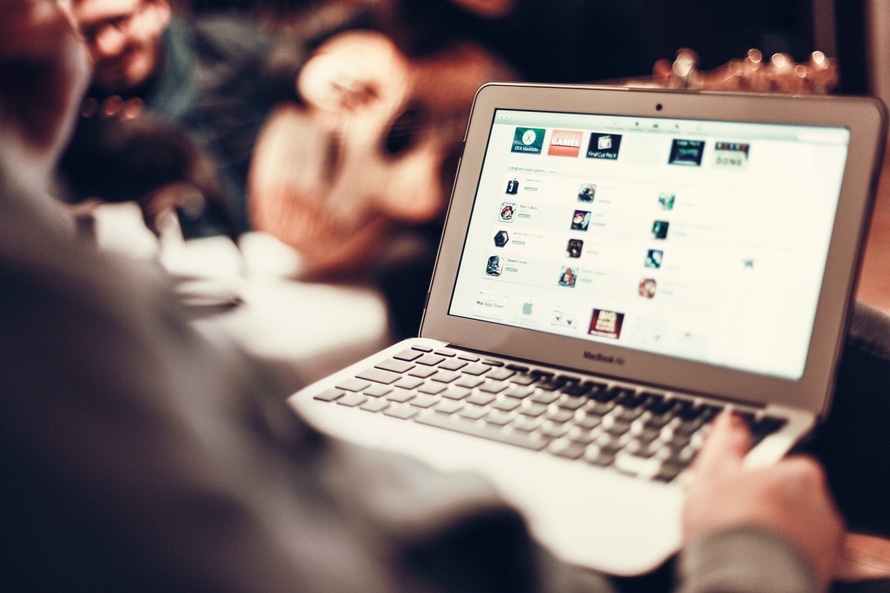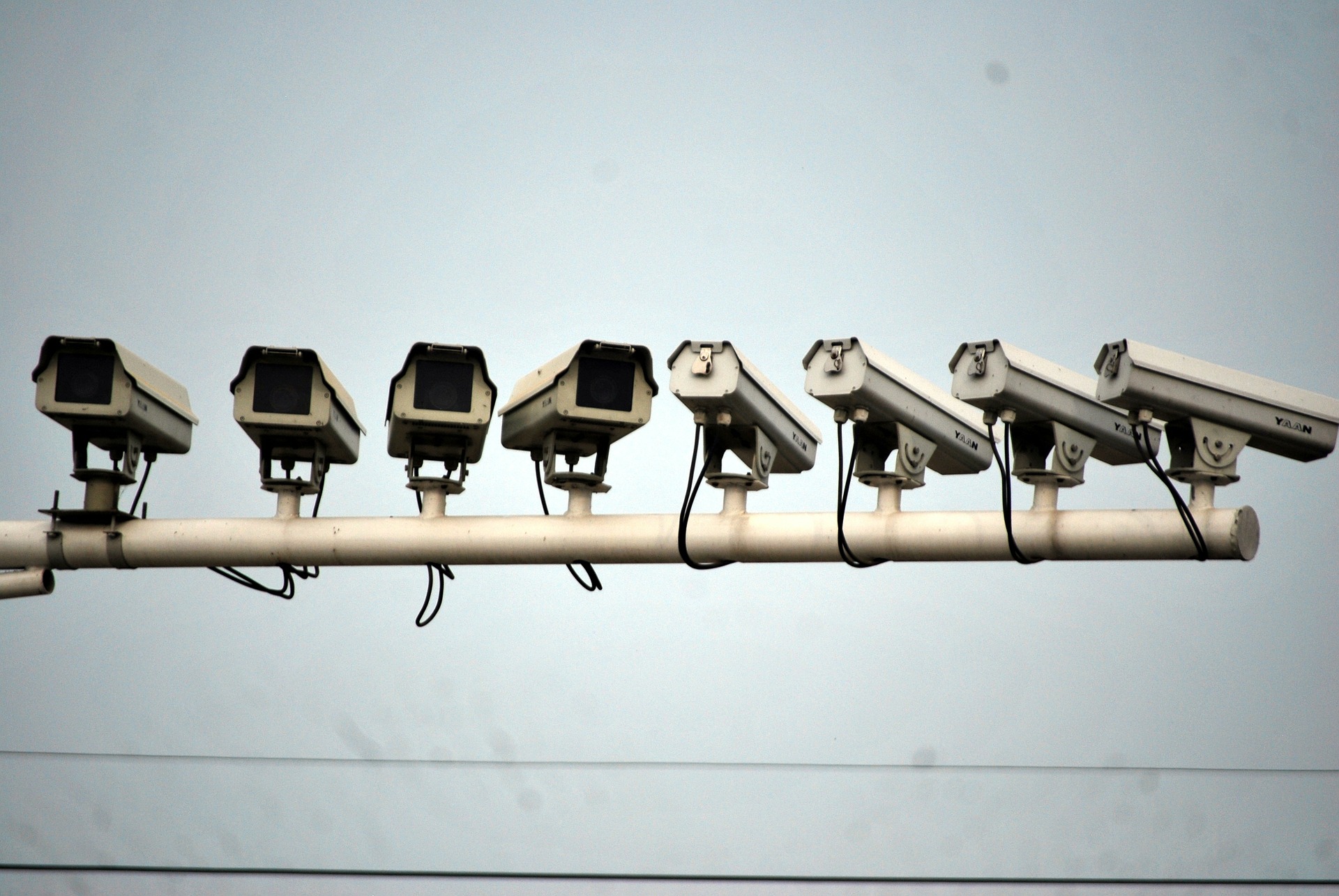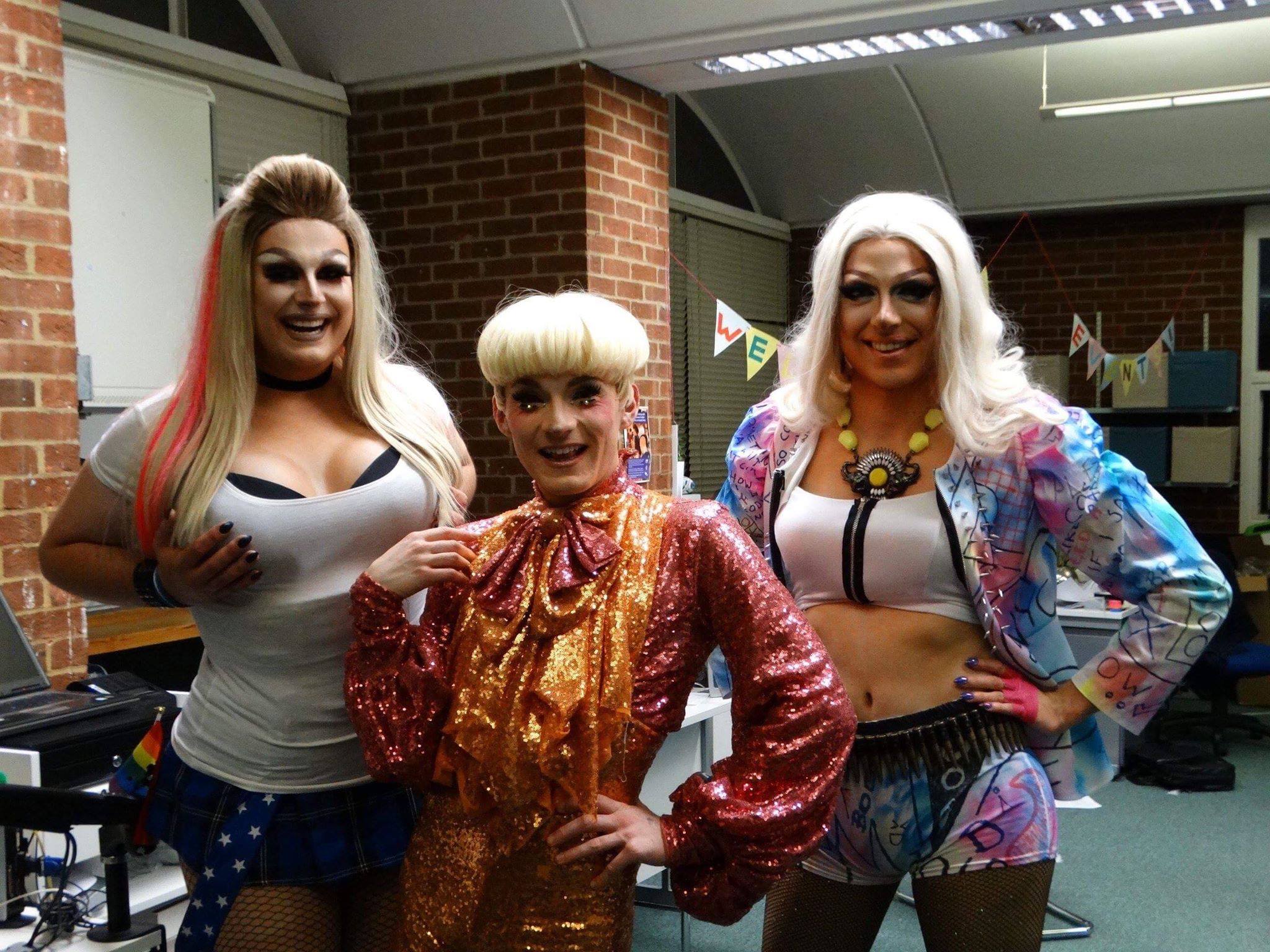Luke Richards discusses the development of our digital identity and the impact of technology in our daily lives.
Technology tends to be ubiquitous in our daily lives; it is part of us as much as we have become part digital ourselves. It’s quite often hard to escape. As natural as it may all seem lots of the ways in which we choose to connect and interact are profoundly new, the pace of change at odds with most of our biological evolution. Its effects largely unknown. From changing social interactions, thinking you’ve forgotten basic facts to sitting in a lecture not learning a thing because you know it’s going to be put online later, and you’ve got better things to do with your time, like Tinder. This change and technology, whilst bringing a host of benefits may have a darker side as well.
Most of us have probably experienced at some point boarding the number 25 bus between Brighton and campus, only to find yourself immersed in a sea of information. This is a journey covered by many not in a distance measurable in miles, but more like metres, scrolled. Zombie-esque people slavishly connected to their devices. Absorbed in digital bubbles that have little to do with the immediate world around them.
It’s not just the bus either, it’s the same practically anywhere you go; dates, dinner, dancing, lunch, lectures and liposuction. Who cares what is going on as long as long as you can tell somebody about it and get some feedback from someone, anyone.
This ‘hyper connectivity’ allows us to be everywhere at once. Sherry Turkle, the director of the MIT Initiative on Technology and Self, talks of being, ‘connected, but alone’ – linked to all the places we want to be, there rather than here. Her work looks at the way in which we define ourselves; technology is changing who we are, she states that it allows us to “put our attention wherever we want it to be”, “always be heard” and “never have to be alone”. We are on perpetual standby and the idea of never having to be alone has changed our psyche. Moments of nothing have become anxiety filled clamours for the nearest Wi-Fi. Socialising has become mediated through snippets of perfect representation alongside long vapid silence disturbed by the sound of gratifying notifications.
Technology allows us to become personal brand ambassadors curating our digital presence, from Snapchat to Instagram. Nothing says ‘hey look how great my life is’ like hours worth of tweaking the filters of selfies and pictures of food to post while you sit and wait for the pallbearers to bring in the coffin at a funeral. Your life can be as much of a lie as you want it to be online. Catfishing will change from being something deceitful odd people did in desperation for attention to an acceptable form of presenting yourself to your mates. Technology allowed us to become externally driven impression managers content branding every aspect of our lives, capitulating ourselves to perpetuating narcissistic tendencies, subject to the heteronomous norms of our online communities.
It’s possible to pretend there is no ‘I’, the self, in our online personas, but if we vicariously live through them then some studies would suggest this does change who we are. We increasingly live lives through technology, and perhaps in wilful ignorance. A group of test subjects were asked to report how many times they checked their phone in a day, the average answer was 37 times, in reality it was 85, and the time spent on their smartphones was on average 5 hours.
If you can’t tell when you’re on your phone and when you’re not then the lines between online and offline, connected and disconnected must be become sort of mirage full of infinite fantasies you can escape to as soon as the banality of real life becomes too much.
Our phones have become islands of almost personalised personifications of who we are. They are filled with data that can tell you more about you than you sometimes. Everything we do leaves a footprint. This is the world of big data; in 2013 IBM reported that 90% of the world’s data had been created in the two years previous, Vine wasn’t even a thing then. Big data is powerful; the culture of knowledge project at Oxford University uses data analysis on 500-year-old metadata to build a picture of social relationships in the past. Imagine what can be predicted from the rich datasets we see today and how they can define you as a person.
The devices we carry are becoming omniscient and quantify our existence. The quantified self; one minute your phone is telling you you’ve eaten too many calories this week, the next it’s lambasting you for not running enough, before finally your smart watch beets in synchronicity with a heart rate monitor as you awake in a hospital bed your heart disease app tried to save you from. Wearable tech is set to increase the ways in which we can monitor and understand ourselves through personal analytics, rich sources of information that may shape the way we react to our lifestyles.
But our phones are not islands. We’ve become somewhat numb to sharing our information and the idea is widely promulgated, though borrowing someone’s phone to search for Pier, Pavilion or Preston Park and being presented with an autosuggest for Porn Hub as soon as you press the P can get a bit awkward. We are willing to place large parts of our lives online and into a digital format. Items are becoming connected through the ‘internet of things’, everything will be bound by connected by vast networks analysing and recording every action you take, where everyone wants a bit of you so they can sell you something or manipulate in some way. Your fridge is going to start giving you offers for oat milk it knows you’ve run out of, and supermarkets are going to know your pregnant before your family does through analysing your shopping. A sort of digital panopticon where people just passively consume to get by.
The idea that ‘privacy is dead’ is pretty well founded. We’re living in an unparalleled level of invasion as well data retention. All the information we share is scattered throughout databases and on devices across the world, often we have very little control over what is done with it. Actions that the past people could deny or were social hearsay will now have corresponding digital data, it’s one thing being protected by data protection laws another when your friends sell photos of you doing cocaine to the Sun or if your data gets hacked and placed into the wild.
Will this data retention force us to change the way we see the world? Perhaps there will be a move away from the static models of society’s perception of people towards the Buddhist ideal of the changing self. Everything changes. People change over time and over space, but if people are constantly reminded of their past through its scattered digital remnants created by these new forms of connections. Then the past could be harder to get away from, which is unparalleled on the scale we face today. Even this digital memory is fragile and can become obsolete, how would we feel if one day we found large parts of ourselves deleted.
These are probably things worth thinking about.
Luke Richards
Featured Image: Splitshire




